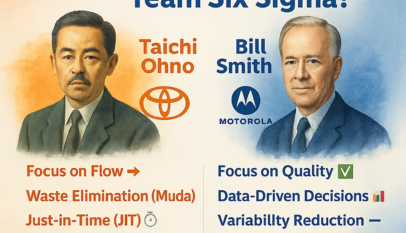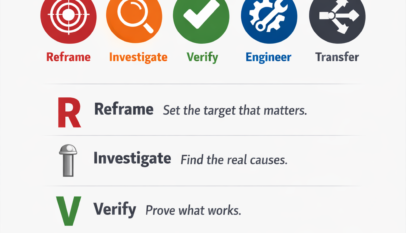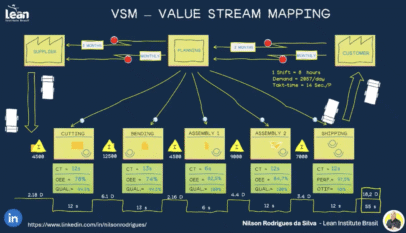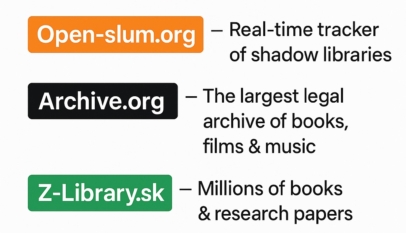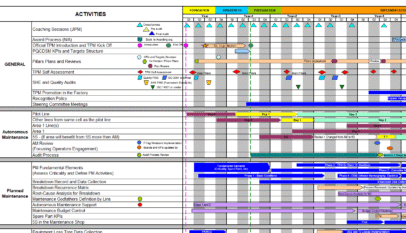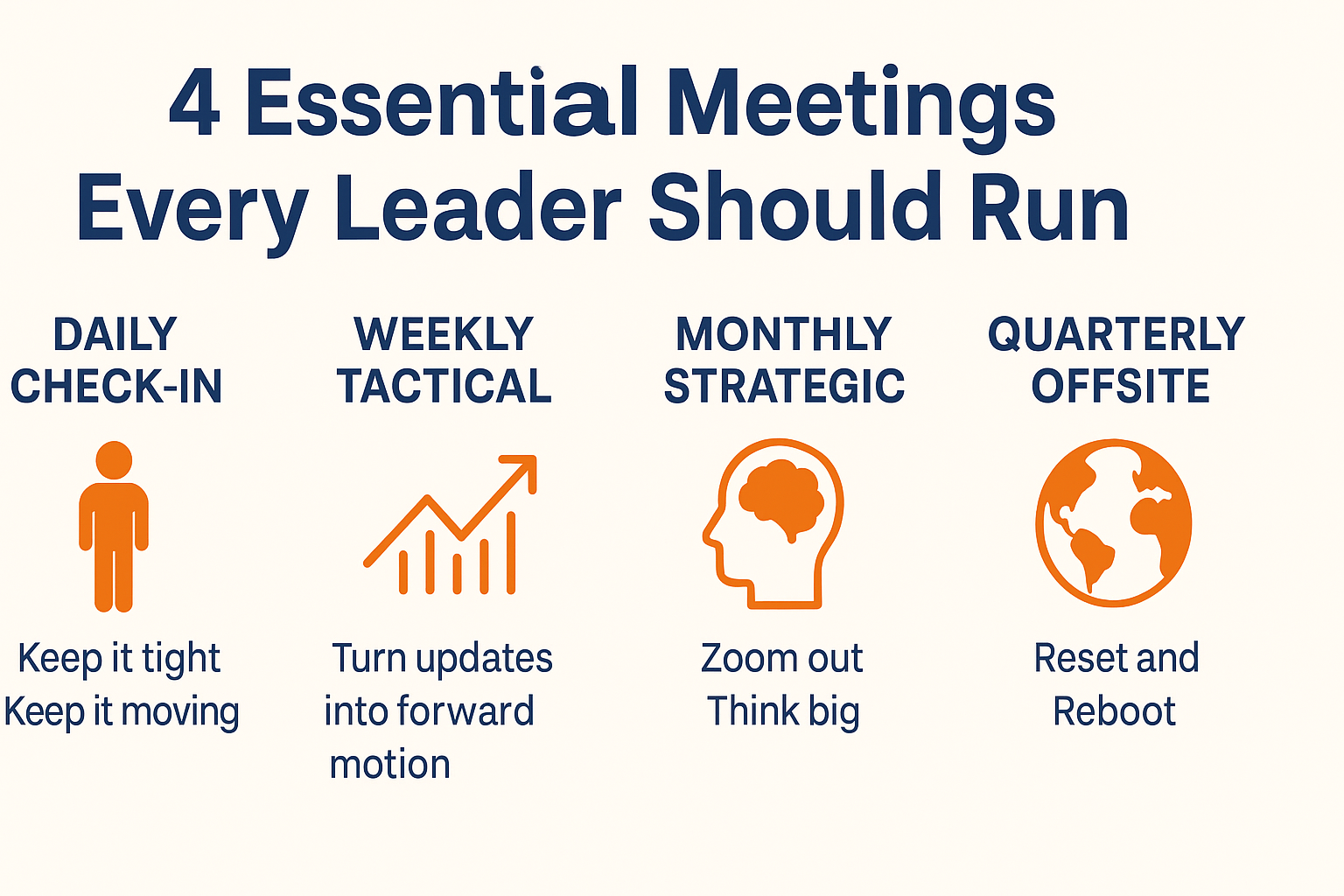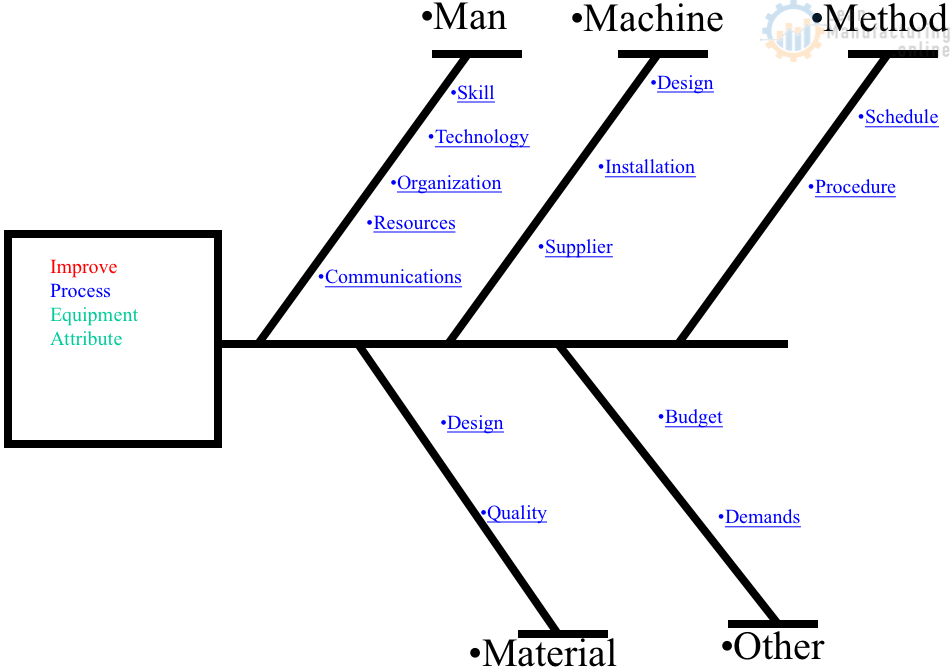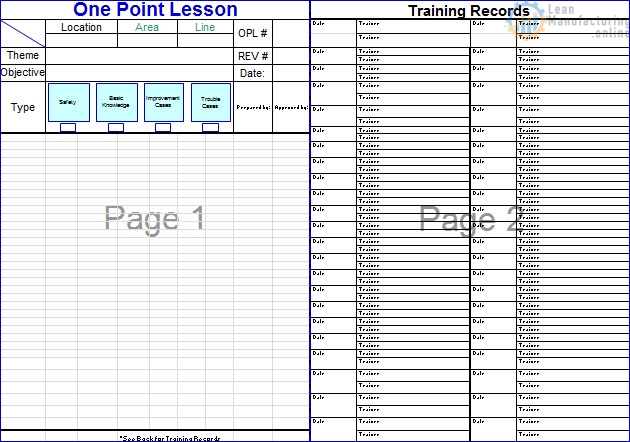Project management is a role often misconstrued as merely an organizational position. While it’s true that project managers must be adept at coordinating resources and driving tasks to completion, their skill set extends far beyond these functions.
A project manager’s role requires a blend of technical skills, business acumen, problem-solving ability, interpersonal finesse, and most importantly, strong leadership.
Technical Proficiency
Project managers are expected to master various technical skills specific to their field. They should know how to develop and optimize a project plan, read and interpret Gantt charts, identify the critical path of a project, and measure performance accurately. These skills form the foundation of effective project management.
Business Expertise
Understanding the organization’s business landscape is critical. A project manager must be able to comprehend the value proposition of the organization, its operational model, and its strategic objectives. This understanding allows them to align the project’s goals with the organization’s broader vision, ensuring that the project contributes tangible value to the business.
Problem-Solving Prowess
Projects rarely unfold as originally planned. Unexpected issues and challenges are the norm rather than the exception. Thus, problem-solving skills are crucial. Project managers need to devise innovative solutions that uphold the project’s objectives while adhering to the predefined schedule and budget.
Interpersonal Skills
A project manager’s role is inherently collaborative. Projects often involve team members from diverse departments or even different companies. As the team’s leader, the project manager must foster a collaborative environment, ensuring everyone works in unison to achieve the project’s goals.
Leadership
Perhaps the most vital characteristic of an effective project manager is strong leadership. They should inspire their teams, facilitate cohesion, guide them towards the right decisions, hold them accountable, and motivate them to deliver their best.
If the prospect of project management excites you, the first step is understanding what you need to know. Building a plan for developing your skills is the foundation upon which a successful project management career is built.
Project management is not just about getting things done; it’s about leading the way in achieving strategic goals, overcoming challenges, and driving teams to success. If you’re ready to take on this challenge, you’re ready to become a project manager.

